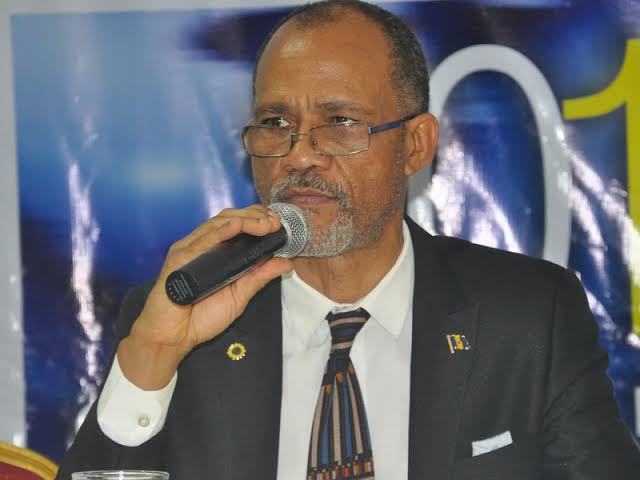Professor Akin Abayomi, the Lagos State Commissioner for Health, has bemoaned Nigeria’s over reliance on imported medications, stating that the State government is willing to support local medicine production by the pharmaceutical industry.
Speaking at the Pharma West Africa Drug Exhibition in Victoria Island, Lagos, with the theme “The global pharmaceutical industry is coming to Nigeria,” he expressed his dismay at the fact that, of the drugs consumed in Nigeria, 90% were imported and only 5% were produced domestically.
He insisted that Nigerians are competent medicine makers and urged neighborhood pharmacists to make high-grade medications that meet quality standards.
Statistics on the pharmaceutical industry are significant to us as, in Nigeria, 80–90% of the medications we take are imported. We produced only five percent. I wish to consider the idea that, given our skill as medicine manufacturers, we ought to thoroughly inspect our finished products.
“We are talking about investing more on drug manufacturing and creating an enabling environment that can attract big pharmaceutical manufacturers,” Prof. Abayomi said. “Nigeria, and Lagos in particular, has to be the big place for drug manufacturing.”
During the event, Professor Mojisola Adeyeye, the Director-General of the National Food, Drugs Administration and Control (NAFDAC), stated that due to the high caliber of drugs produced in Nigeria during the 1980s, missionaries did purchase drugs from the country when they returned home.
She pointed out that back then, all regulatory agencies were permitted to carry out their mandates, but that as of right now, those agencies have been rendered powerless.
She mentioned that NAFDAC is working hard to eradicate counterfeit and low-grade medications from the nation on its own.
She also bemoaned the fact that certain government agencies allowed conditions to deteriorate.
Professor Adeyeye said it was startling that, between 2011 and 2018, NAFDAC and a few other organizations that guard against the importation of subpar commodities and medications into the nation were withdrawn from seaports, giving people a way to bring in a variety of subpar medications.
She pointed out that creating high-quality products was a communal decision to restore the pharmaceutical industry’s dignity.
She stated that pharmaceutical companies had to prioritize their clients and pay more attention to regulatory bodies.
I posed a question to the pharmaceutical sector: why do we import medications that we can produce ourselves? We want quality, not mediocrity, which is why there are 180 pharmaceutical businesses in Nigeria now, according to Professor Adeyeye.
Prof. Cyril O. Usifo, the president of the Pharmaceutical Society of Nigeria (PSN), on his part, stated that collaboration between pharmacists and non-pharmacists is necessary and that there is potential to expand the pharmaceutical industry’s reach.
Dr. Pamella Ajayi, president of the Health Care Federation of Nigeria, James Kommeh, chairman of the Pharmacy Board in Sierra Leone, and Dr. Ngono Mballa Rose, director-general of Lanacome, Cameroun, were among the other speakers at the event. They stated that a commitment should be made to developing and introducing innovation into the pharmaceutical sector as well as enhancing West African healthcare services.
The main goal of the workshop, according to Jamie Hill of B and B Event, was to provide manufacturers with chances and entice them to establish companies in Nigeria.
A number of pharmaceutical businesses exhibiting at the event expressed excitement about establishing production facilities in Nigeria, citing the nation as a ready market for their goods.


